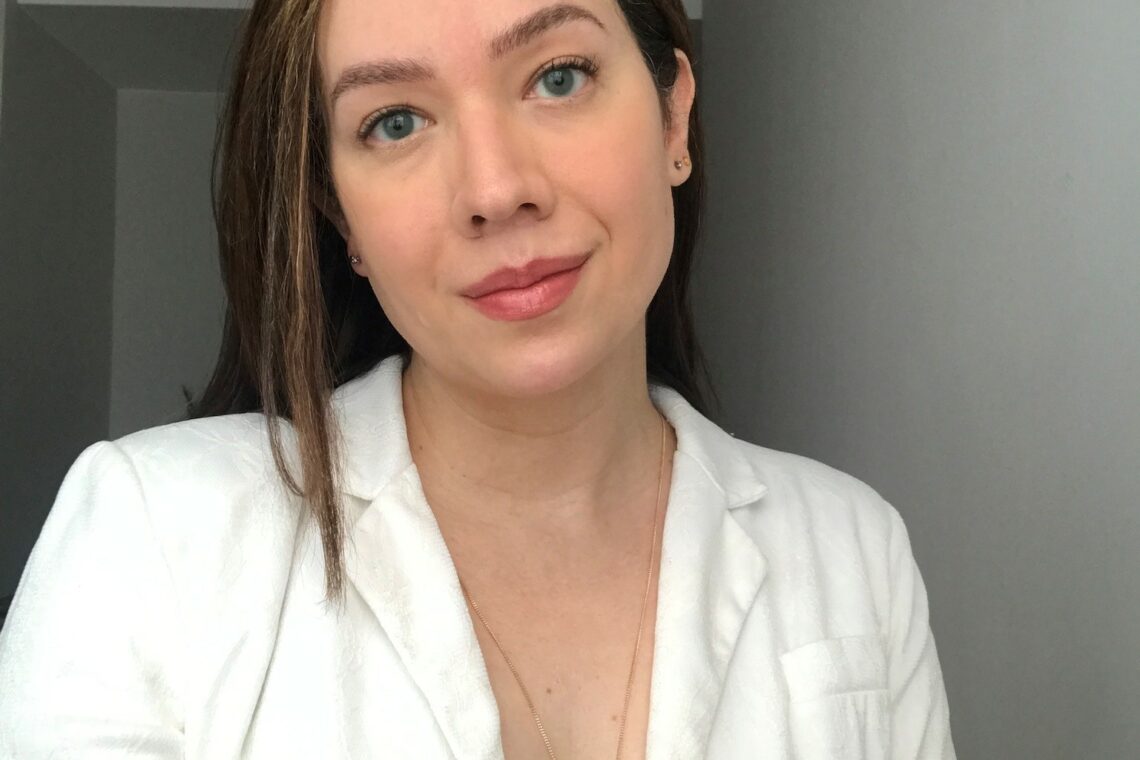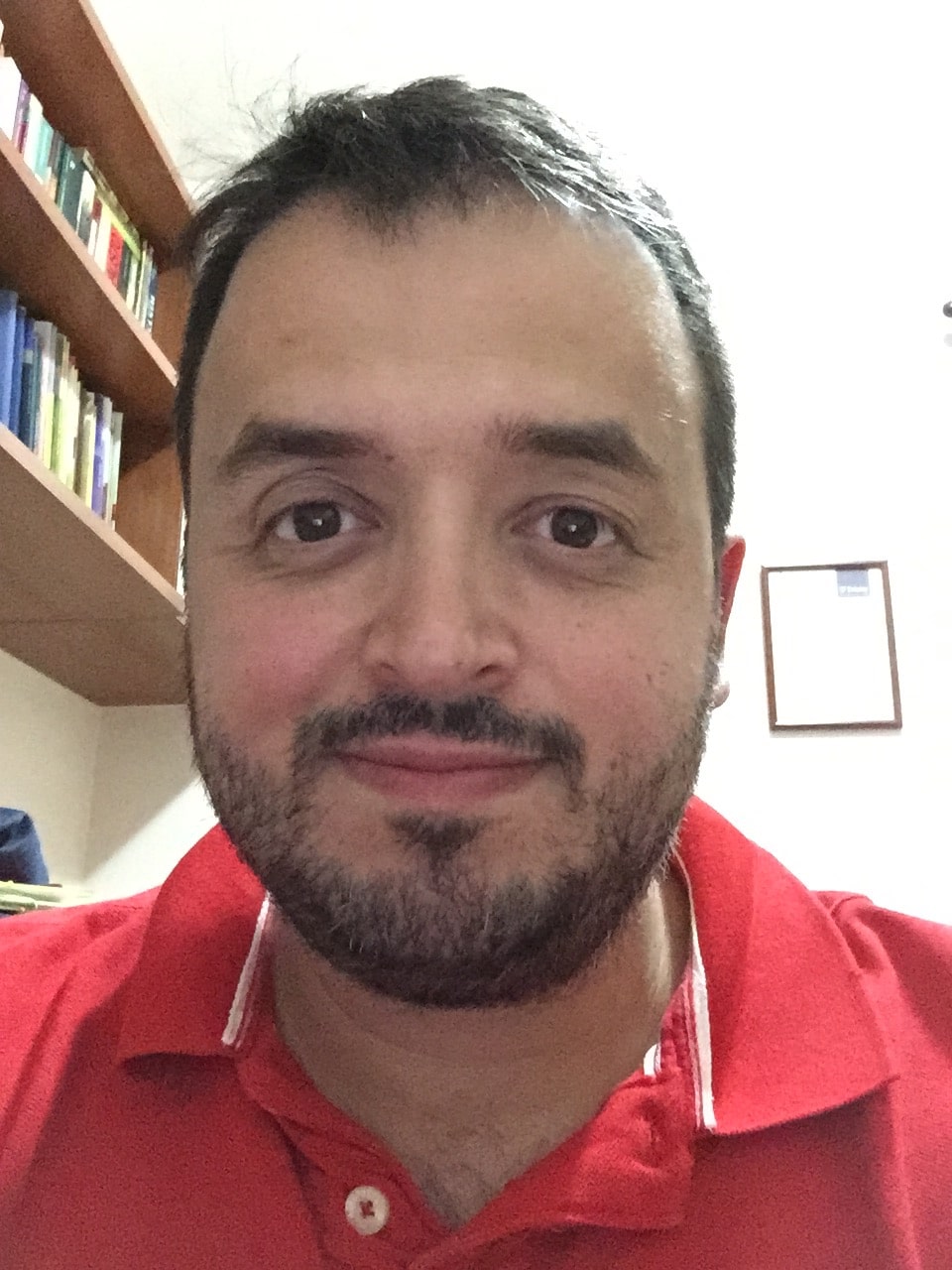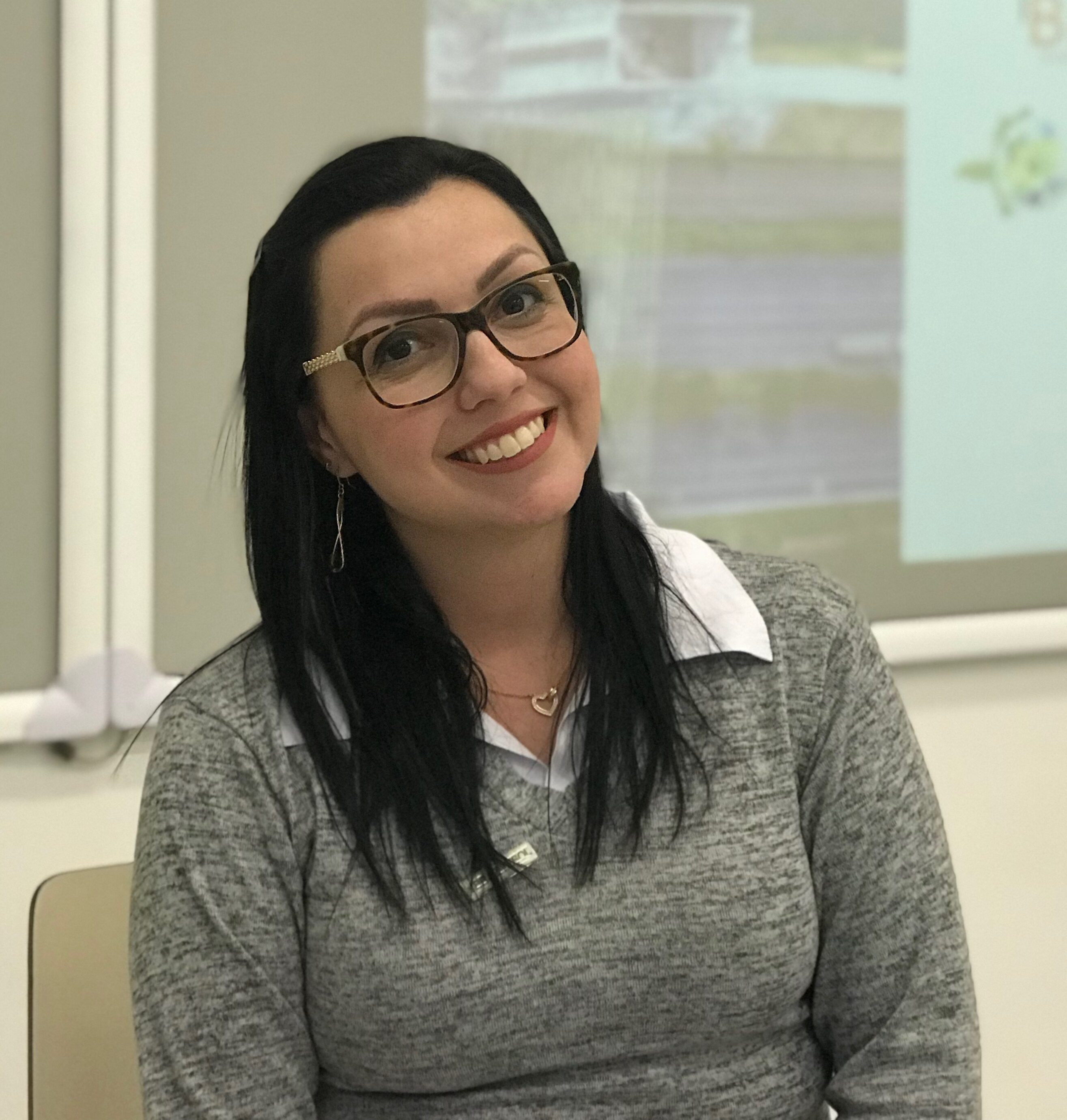Lights, camera, action! The phenomenon of language gurus on YouTube
The other day a very interesting discussion took place at the BrELT Facebook group about English teachers on Youtube. The discussion prompted me to write this article mainly for two reasons. First, I use Youtube a lot. I have subscribed to countless channels and follow many Youtubers from all kinds: my interests go from education to vlogs in foreign countries. The second reason that made me write this article is the fact that I have produced content myself and shared it on Youtube. I know how terrifying it feels to put yourself out there and receive feedback, sometimes unsolicited.
By November 2007, Youtube was the most popular website in Britain, followed by the BBC website. In 2008 it was considered the one of the 10 most accessed websites in the world. The figures nowadays are probably even more impressive. Many have attempted to define Youtube. To some, it is a platform where people share videos, to others a form of participatory culture (Miller, 2012). According to Strangelove (as cited in Soukup 2014), “Youtube is not merely an archive of moving images … It is an intense emotional experience. Youtube is a social space”.
In a world where images last forever, the stakes of making personal media are high. Many teachers have been using Youtube as a way to promote their work. There is an insurmountable amount of self-proclaimed experts who give tips and even record lessons and with that, a lot of criticism. Soukup (2014) points out that Youtube has changed television and affected the entertainment industry. It is not uncommon to see people that try to make videos entertaining while communicating their content.
As Soukup (2014) highlights, Youtube is not a democratic space. Popular videos are not necessarily good. That is one of the biggest controversies over teachers on Youtube, many teachers do not feel represented by who is online.
According to Lange (2014:159), “producing media is loaded with moral assumptions about what it means to be a mediated person”. If you are not sure that videos are a good idea to help your business, remember that what you offer online is a snapshot of reality and, most importantly, what you choose to show. Once you upload content and it is online, maybe it will be there forever, so give it a thought first.
I don’t consider myself a Youtuber, but at some point I decided that videos were a good way for me to connect with other teachers and I gave it a try. I actually intend to have a season 2 of my webshow, ELT TV at some point this year and I love empowering teachers to use this great tool. What my experience has taught me is that being online can be extremely rewarding. The world is rapidly changing and we need more teachers using technology not only to promote themselves, but also to make a good contribution to the world. While I believe knowledge is to be shared, I also think it is possible to deliver good online content to boost one’s online persona (and there is nothing wrong with that).
References:
Lange, P. (2014) Kids on Youtube: Technical Identities and Digital Literacies. Routledge Walnut Creek, CA: Left Coast Press
Soukup, P. (2014). Looking at, with and through Youtube. Communication Research Trends. Volume 33, 3-34.






